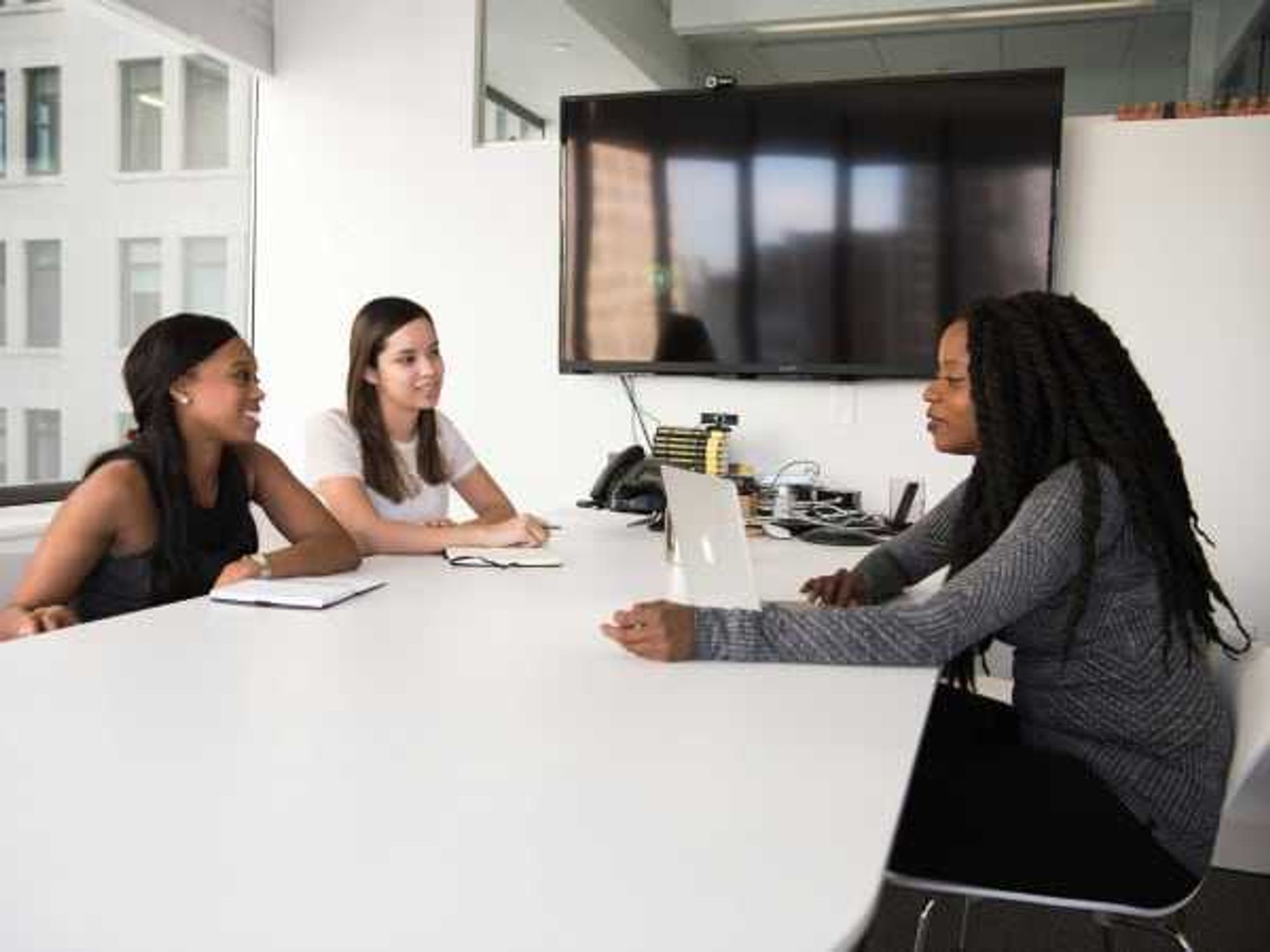Sustainability Speak
SXSW Eco day three: Philippe Cousteau, Jr. brings the keynote
All of the keynote speakers at SXSW Eco have been fairly heavy hitters—Worldchanging’s Alex Steffen and Nature Conservancy CEO Mark Tercek headlined the first two days of the conference—but perhaps the speaker with the most individual name recognition is Philippe Cousteau, Jr., the grandson of the famed French nature documentarian and ecologist Jacques Cousteau.
In addition to his lineage, Philippe is the co-founder of DC-based EarthEcho International and a correspondent of CNN International. Much of what Cousteau was there to talk about was how to reach people who fall outside of the usual participants in the discussion, so it made sense to bring in someone with some star power.
His keynote address was by turn funny and personal; he told stories of his grandfather’s inspiration to turn from exploration to conservation in the 1960’s, and about traveling the world with CNN and other outlets to determine the extent of the consequences of climate change. There were also plenty of the preaching-to-the-choir elements that are ever-present at events like these: telling a roomful of hundreds of people who are the type to attend an ecology conference a bunch of statistics that they already know isn’t exactly inspiring, but it’s also the nature of the event.
But mostly, Cousteau focused on trying to put environmentalism in a broader context. Empowering and educating women around the world, he argued, is a water rights issue, because the problems we face there require everyone. “We can’t have environmental sustainability without social sustainability,” he stressed. He discussed climate change in the context of the health of our children, talking about the spiking asthma rates from 1980 to 1994 (160% among children under five in that time). He talked about national security concerns that come with a dependence on fossil fuels—that one out of every eight casualties in the War in Iraq is caused by soldiers escorting fuel convoys. And he talked about the way these things impact the economy—that it’s the greatest expense of the Department of Defense, that the health problems that occur as a result of our dependence on fossil fuels keep people out of work and spike our health care costs.
Cousteau’s positions could pretty safely be described as belonging to the “liberal” side of the political spectrum—not a shock at an ecology conference—but he also attempted to focus on how to talk to people on the other side. “Finding common ground, and being grown-ups, finding places we agree and building trust, that means we can talk about these other issues.” Talking about fossil fuels as a national security issue to win people over, in other words, can pay dividends when we want to talk about climate change as an environmental issue.
Toward the end of the address, Cousteau was asked what may be the crucial question of a conference that spent so much time reciting depressing statistics to a crowd that already knew them by heart: “What can we actually do?”
“Everybody has heard ‘you can make a difference,” Coustaeu said, explaining all of the daily things that a person can do to affect small change: the food they eat, the size of the house they want, how they dispose of things, and—yeah—who they vote for. “Young people have tremendous influence, not just in who they vote for, but what they can convince their parents of,” he explained. It may not be the sort of thing that will send anyone out of SXSW Eco full of fire and inspiration, but that’s kind of the point of his presentation: everything is connected, everything is personal, and everything is small.
Ultimately, so many of the things that need to happen are about personal accountability and being responsible to themselves and their communities. That’s a message that can resonate beyond Cousteau’s star power, and beyond the sort of people who attended the conference.
